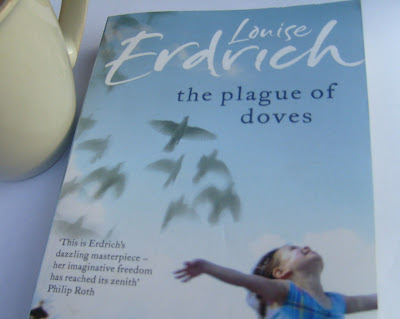
... that sanguine expectation of happiness which is happiness itself.
I adore Elinor Dashwood. Self-possessed and dignified, she does not allow the ghastly Lucy Steele to make a fool of her. Warm and affectionate, she supports Marianne through the bitter blow of Willoughby's betrayal. Perceptive and elegant, she never actually tells her mother to reign it in, but guides her away from her wilder extravagances. Whether the drippy Edward Ferrars deserves Elinor is another question.
I've been out of action with a sickness bug over the weekend. By the time I felt well enough to read again I knew exactly what I wanted. Sometimes, only Jane will do!
I've been out of action with a sickness bug over the weekend. By the time I felt well enough to read again I knew exactly what I wanted. Sometimes, only Jane will do!



